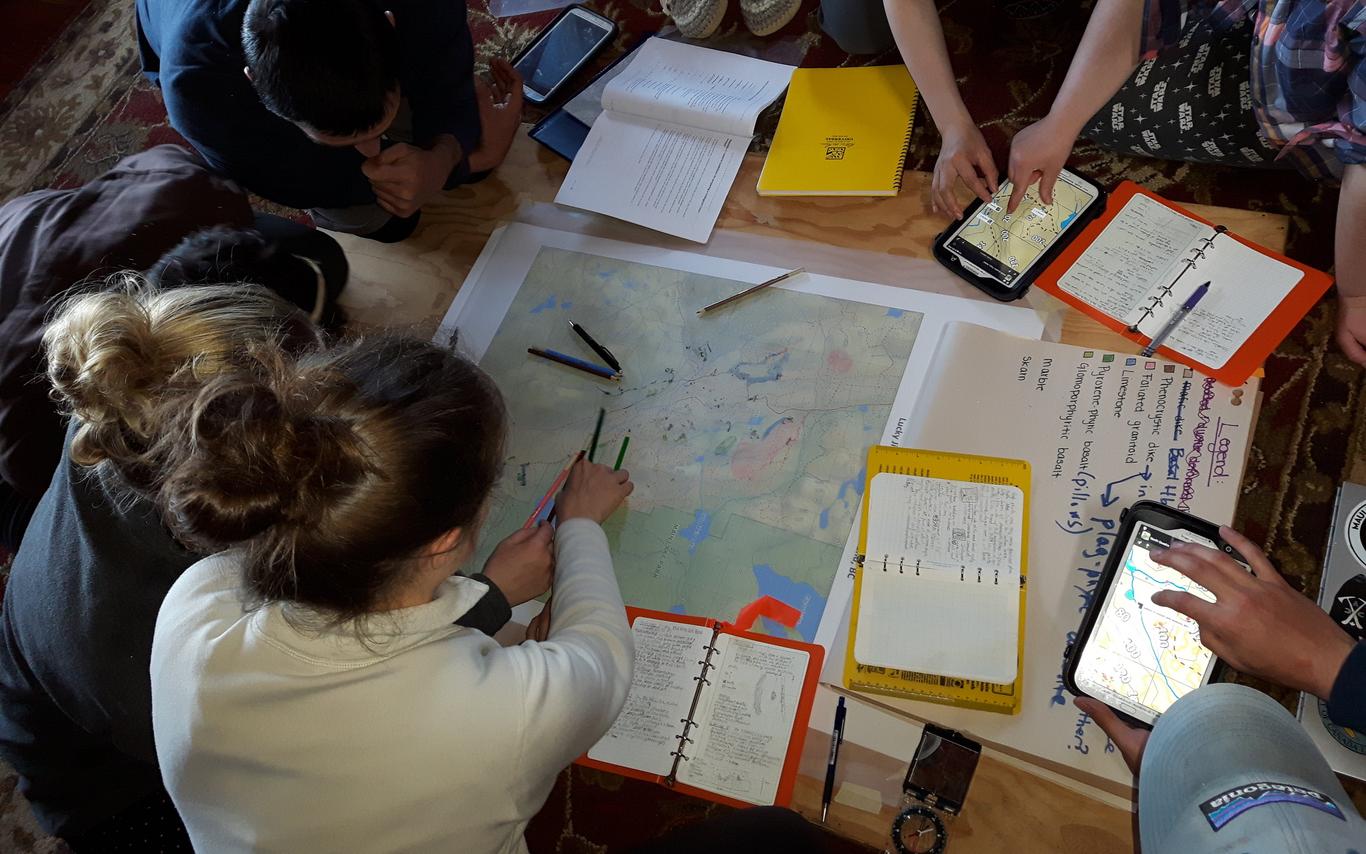BSc Major in Geoscience and Minor in Earth Science
‘Knowledge, Skills, and a Passion for Geoscience’
Overall Outcome Statement
Upon graduation students will think creatively and critically, using an integrated and professional approach to address earth science issues. More specifically a student will:
- Appraise the nature and importance of earth materials and processes, and their spatio-temporal relationships
- Critically analyze data and formulate well-reasoned, sound deductions, with an appreciation for the inherent variability and uncertainty associated with earth science
- Demonstrate a high standard of professionalism in communication and behaviour
Program Learning Outcomes
To become a ‘geoscientist’, students in the BSc Major in Geoscience program must master the knowledge, skills, and values on the list below. Students who complete the Minor in Earth Science program (B.A. or BSc options) will achieve the same learning outcomes as students who complete the Major program, but not to the same depth. By the end of their respective programs, students will:
- Integrate a current and comprehensive range of knowledge and methods to answer geoscience questions
- Map geological materials, features and processes in the field using appropriate tools and techniques, including compass, hand drafting, GPS and GIS
- Produce geologic models to explain earth phenomena by integrating geologic data, including maps, cross-sections, aerial photographs, and satellite imagery
- Generate new knowledge by employing appropriate modes of research inquiry to 1) identify and frame geoscience problems, 2) collect and organize data to test and refine hypotheses, 3) analyze and interpret data, and 4) develop logical conclusions with supporting rationale
- Clearly and concisely communicate geoscience concepts using written and spoken words in the form of reports, oral presentations, visual representations of data, maps, cross-sections, and technical posters
- Critically evaluate geoscience publications and data
- Demonstrate professionalism in working relationships by engaging in respectful, responsible dialogue with supervisors, colleagues, professionals, and the wider community, locally, regionally and globally
- Demonstrate a professional work ethic and project management skills when working independently, and when collaborating with others
- Demonstrate adaptability and openness while working in unfamiliar and unpredictable situations, including classroom and field environments
- Adopt ethical and environmentally responsible professional practices
- Design and develop personal knowledge networks to keep abreast of new knowledge, technologies, skills, and values, and maintain life-long learning
- Become a self-regulated learner using 1) metacognitive learning strategies, 2) self-awareness techniques, 3) self-motivation, and 4) behavioural skills to set goals, manage time and performance, and engage in self-directed deep learning
